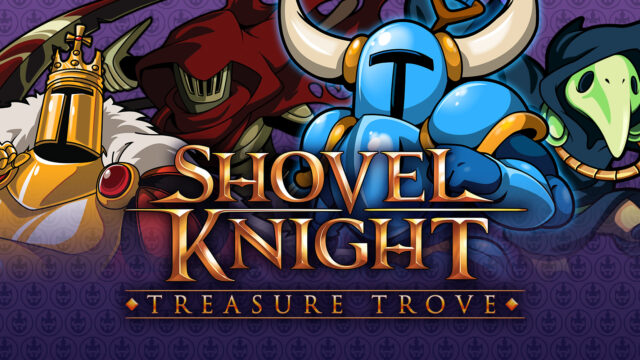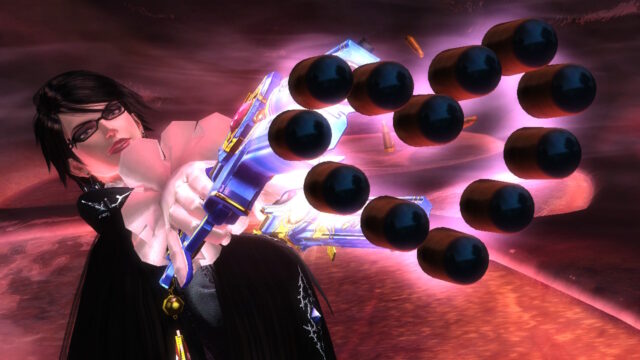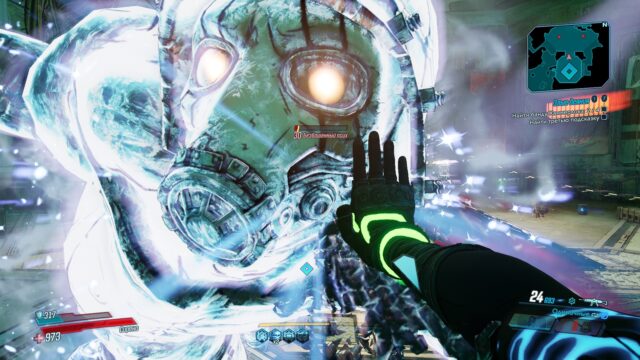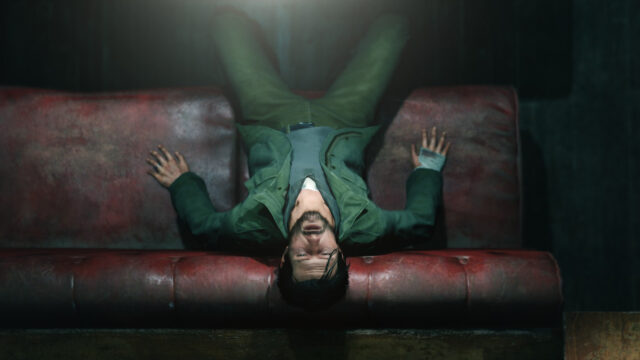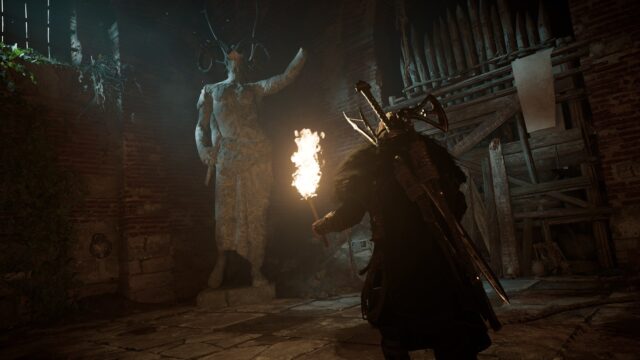Kingdom – Galloping Through Pixel Paths
If we haven’t tired you out yet with their conversations about Kingdom, but now, rejoice. The game has finally been released, and today is the last time you will have to hear about how beautiful, cute, and unusual it is. Especially since there turned out to be not so many reasons to praise it.
But it takes some time to discover all the pitfalls, and the worst part is that during this time you spend it at least pleasantly and, more importantly, without tension.
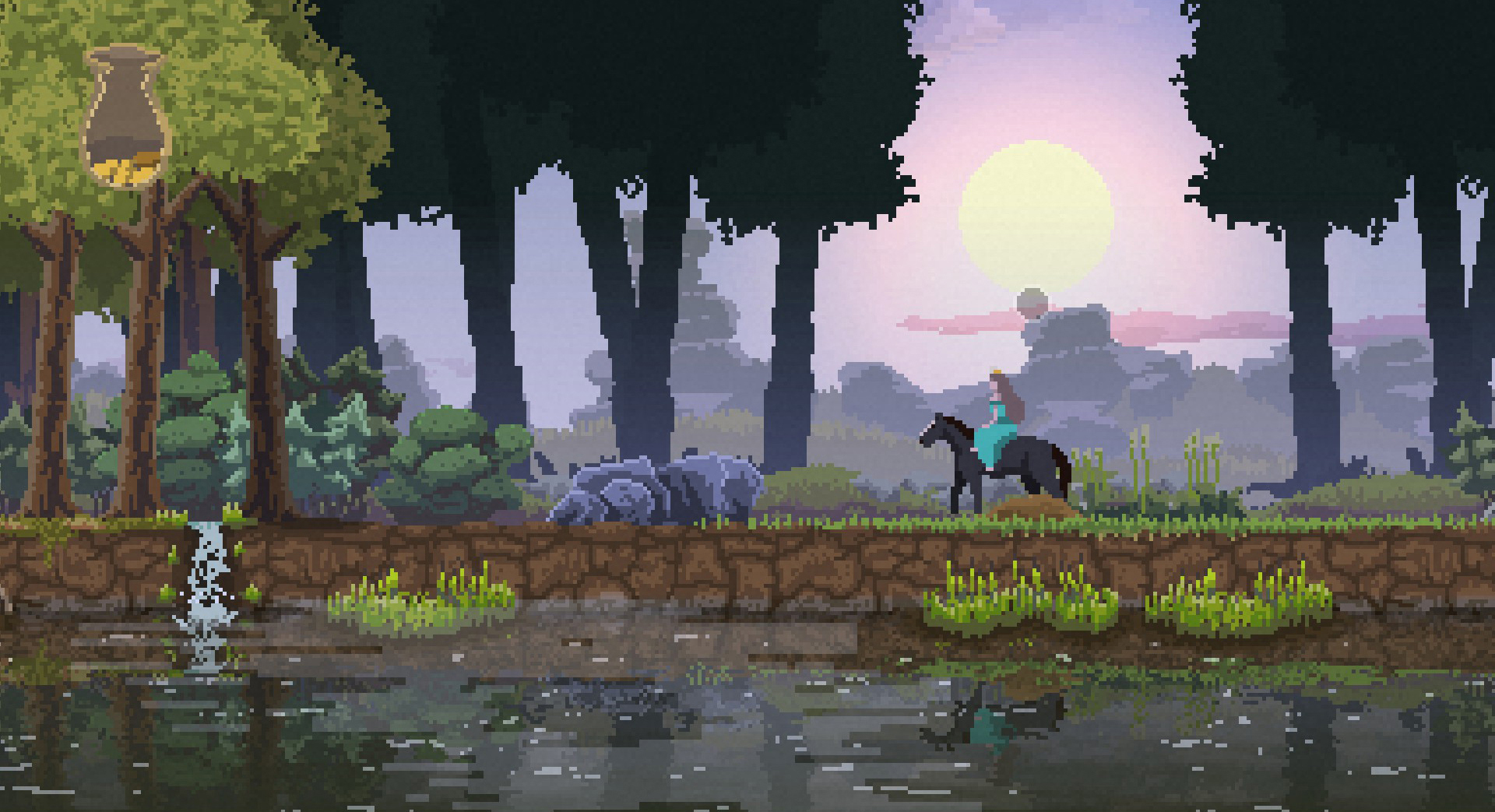
The player Kingdom only requires one thing – to keep the crown on their head. And since our protagonist can only ride a pixelated horse and literally throw money around, achieving this goal requires hiding behind the backs of their subordinates, like any self-respecting ruler. With the sound of coins, we turn the locals into soldiers, architects, and farmers, and the wild terrain into a fortified settlement. The more gold is invested, the less likely it is that the marauders who come at night will steal the precious headgear. What could be simpler?
Since all actions in the game are performed with just one button, excluding movement keys, it quickly becomes addictive: you manage a whole kingdom and don’t have to click a lot. Instead, you should think about where exactly you click, because thoughtless investments lead to disastrous consequences and dead-end situations. For example, upgrading watchtowers in the early stages is pointless, but archers won’t hurt. On the other hand, it would be nice to strengthen at least one of the walls – but which one? Maybe it’s better to focus on agriculture with minimal defense? The entire mechanics of the game is based on such decisions, in a nutshell.
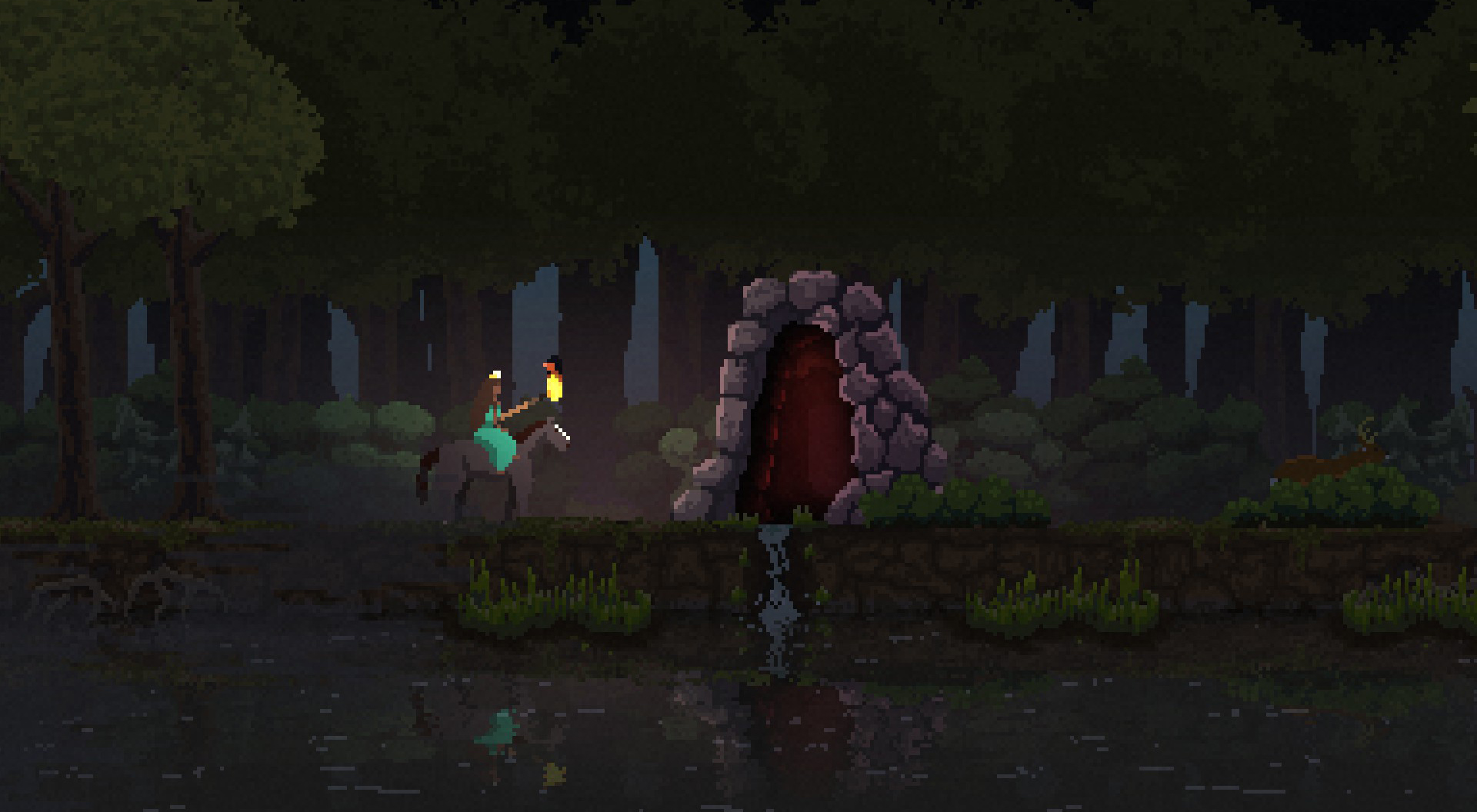
Oh, too bad
In economic terms, Kingdom is actually doing great, contrary to all our fears. The idea of coins as the only resource and means of interaction turns a primitive “farm” into a rather deep and diverse strategy. And this applies not only to the development of the kingdom, but also to the exploration of the surroundings. For example, you can be stingy with constructions and slightly protect yourself during trips to the forest, literally buying off its malicious inhabitants with gold. And in case of an attack, the wealthy king first loses all his savings like Sonic, gaining a few seconds to escape home – with an empty wallet, the crown falls off much more willingly.
Thanks to the constant balance on the edge of risk, management becomes extreme and exciting. Achieving absolute safety is practically impossible, you always have to be a little bolder than the day before, delve into the search for resources, upgrades, or recruits, because otherwise, you won’t be able to cope with the growing enemy army. The motivation is obvious, but well thought out, which makes you want to delve into the game. Unfortunately, when this happens, everything that Kingdom hid in the first couple of hours comes to the surface.
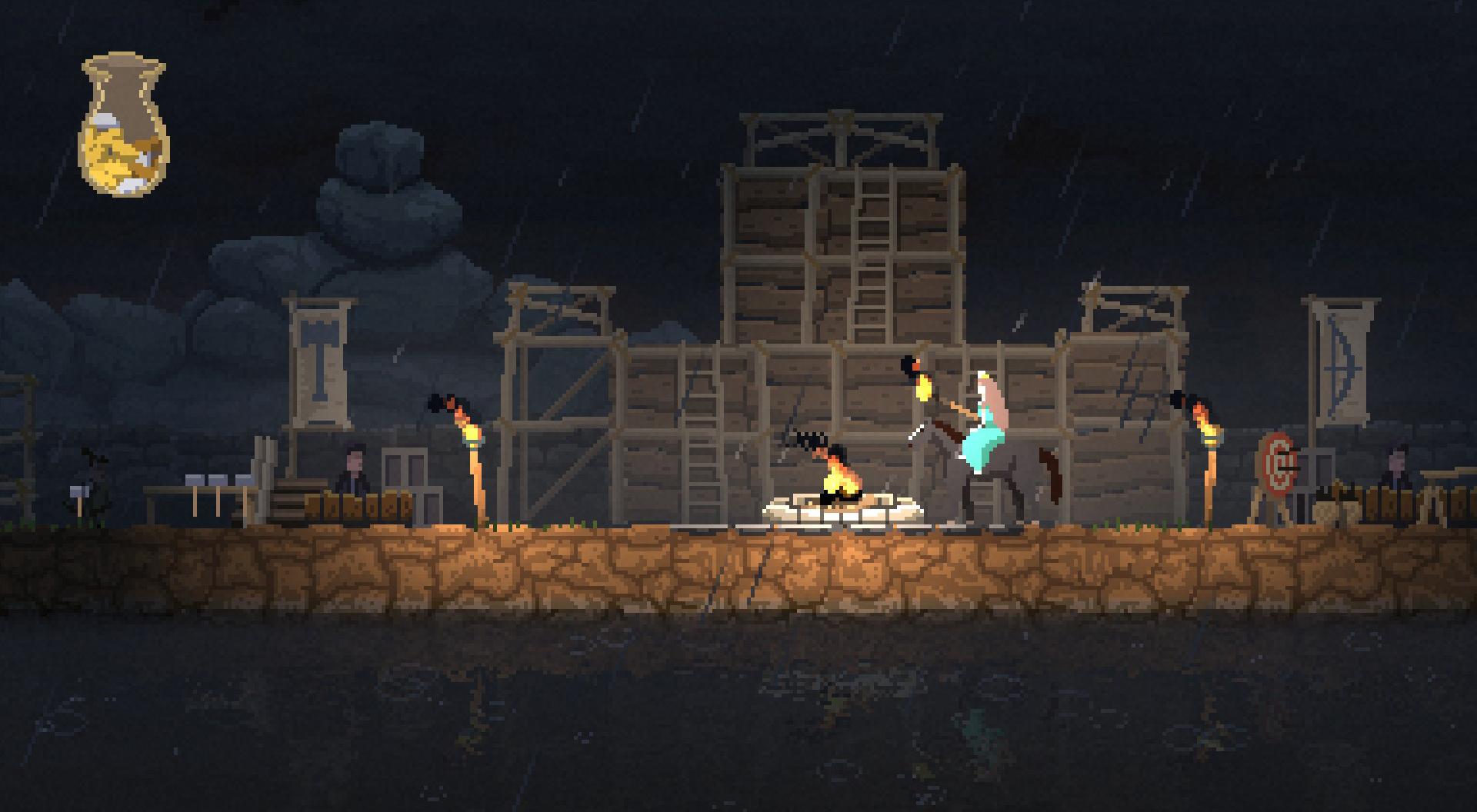
Until the release, we were worried about what the simple concept of the game would turn out to be, and finally found something to stumble upon. Unfortunately, the one-button scheme does not provide the desired level of control, which creates nasty obstacles: you cannot reassign the specialization of the wards, change the squad’s location so that they are not killed for no reason, assign shooters to specific towers, set building priorities, and much more. Everything is so simple that it’s difficult, and in a bad way.
Peasants are like lemmings who will march in one direction until they find something to do. There is no way to influence their choice, so if you desperately need, for example, builders, it is better to make sure that there are no other tools of labor on the way to the hammers. At the beginning, when all classes are equally needed, it doesn’t matter, but later it becomes annoying. Moreover, this negates any benefit from wandering merchants who replenish the supply of random tools, because a lifelong supply of pickaxes from a benevolent random can easily bring down the defense of the entire village. The only visible solution is to order equipment strictly according to the current needs, which is tedious and monotonous.
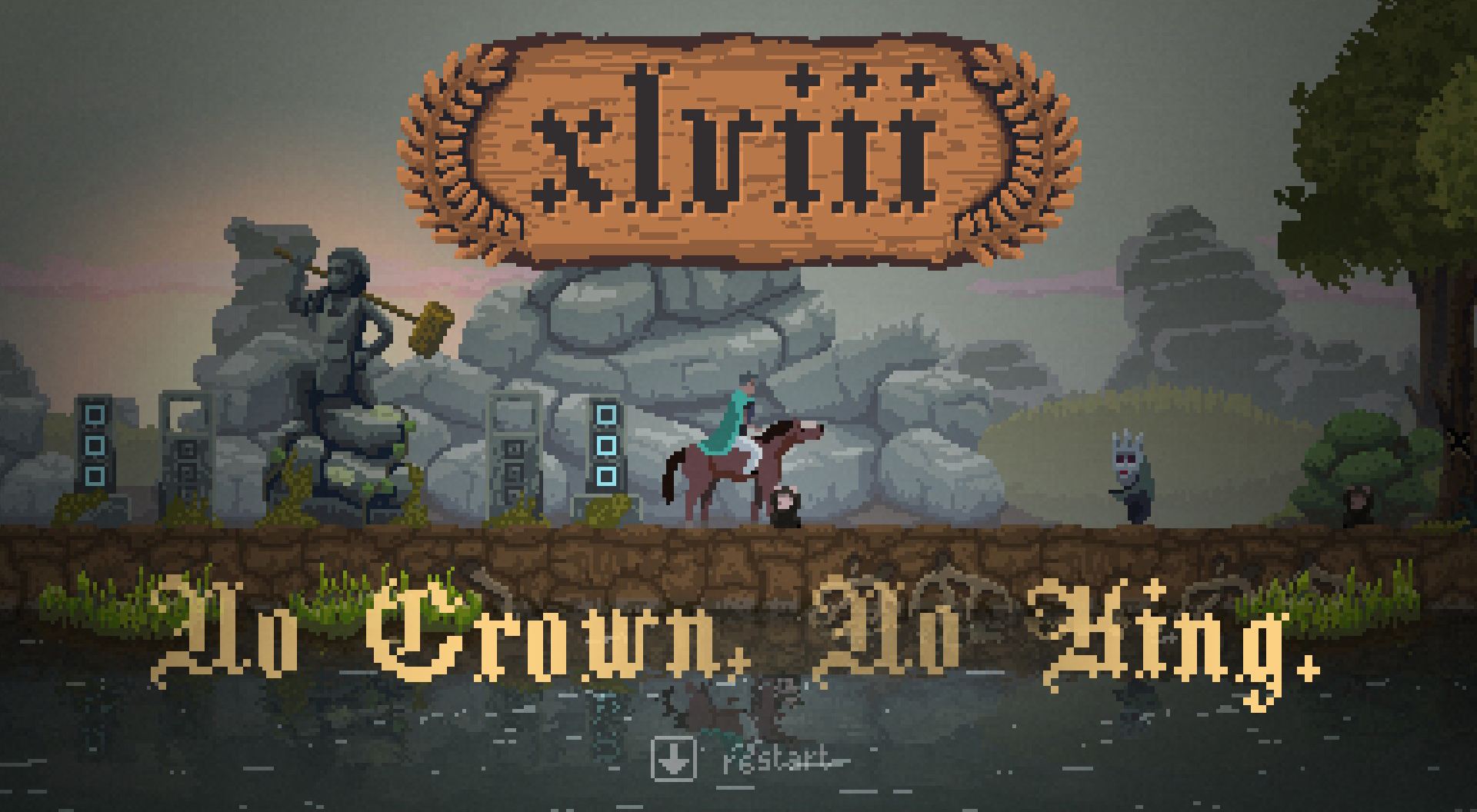
They recklessly ventured beyond the fortress.
Expanding borders of dominions also leads to nothing good. Firstly, important neutral settlements disappear, which are crucial for progress. There aren’t many of them on the map, and some are located so far away that expeditions for recruits bring a lot of problems. Why harm yourself and destroy an inexhaustible source of labor?
Secondly, it becomes unbearably difficult to keep track of everything happening in the kingdom. The complete lack of interface forces you to control the situation manually, but it is impossible to spend half a day running to see “what’s up with the serfs” every time – you need to accomplish a lot before nightfall. Defense is even worse: while you switch from one front to another, the enemy can already trample your soldiers into the ground.
And thirdly, capturing territory brings absolutely no advantage. Nearby farmlands bring enough gold to strengthen walls and replenish the ranks of warriors. Archers and knights will accumulate near the farthest wall anyway, and only guards on the towers will remain in the depths of the base, who won’t be able to handle it alone. Again, an additional line of defense could be useful with accompanying strategic functions, but in its current form, the effect is minimal.
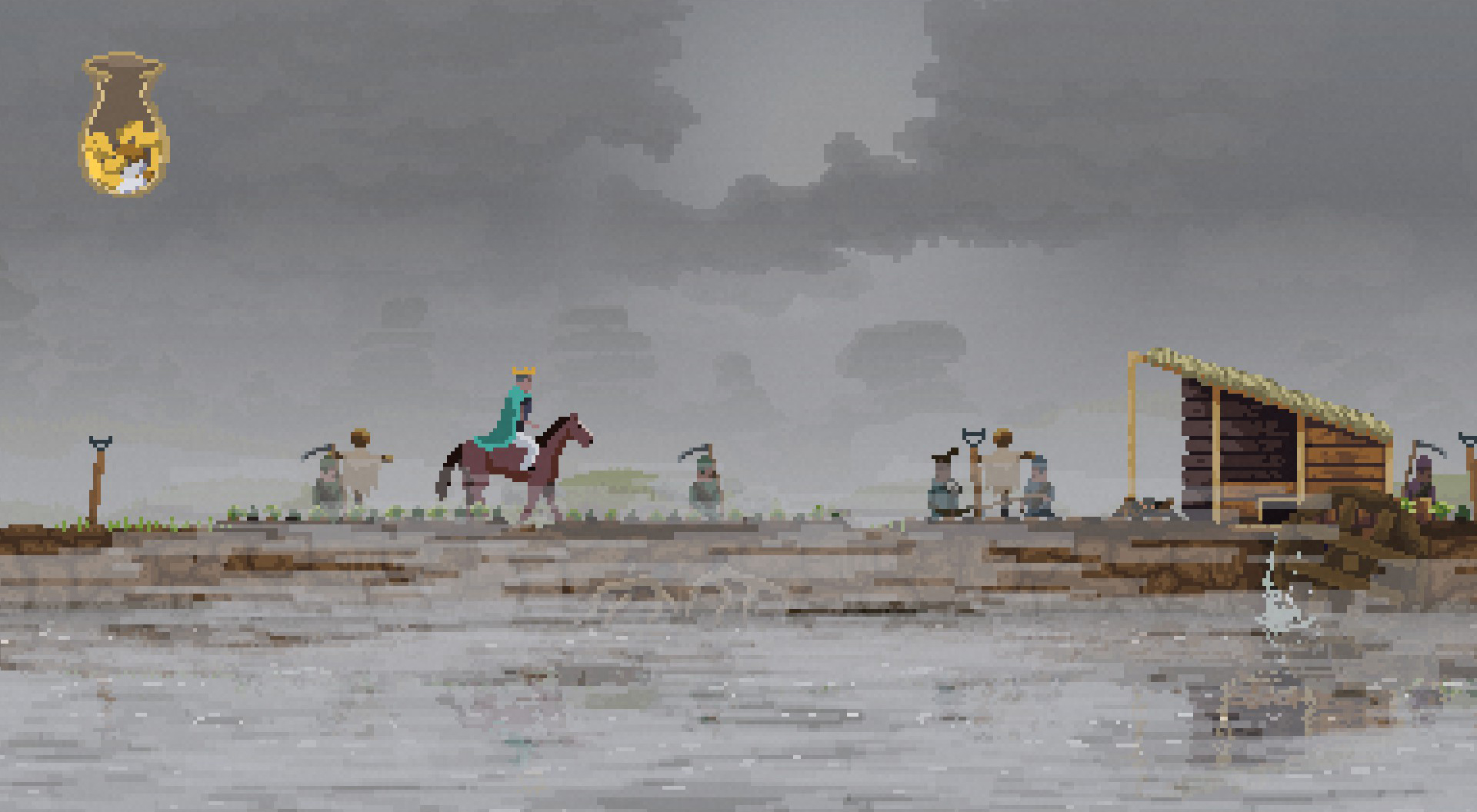
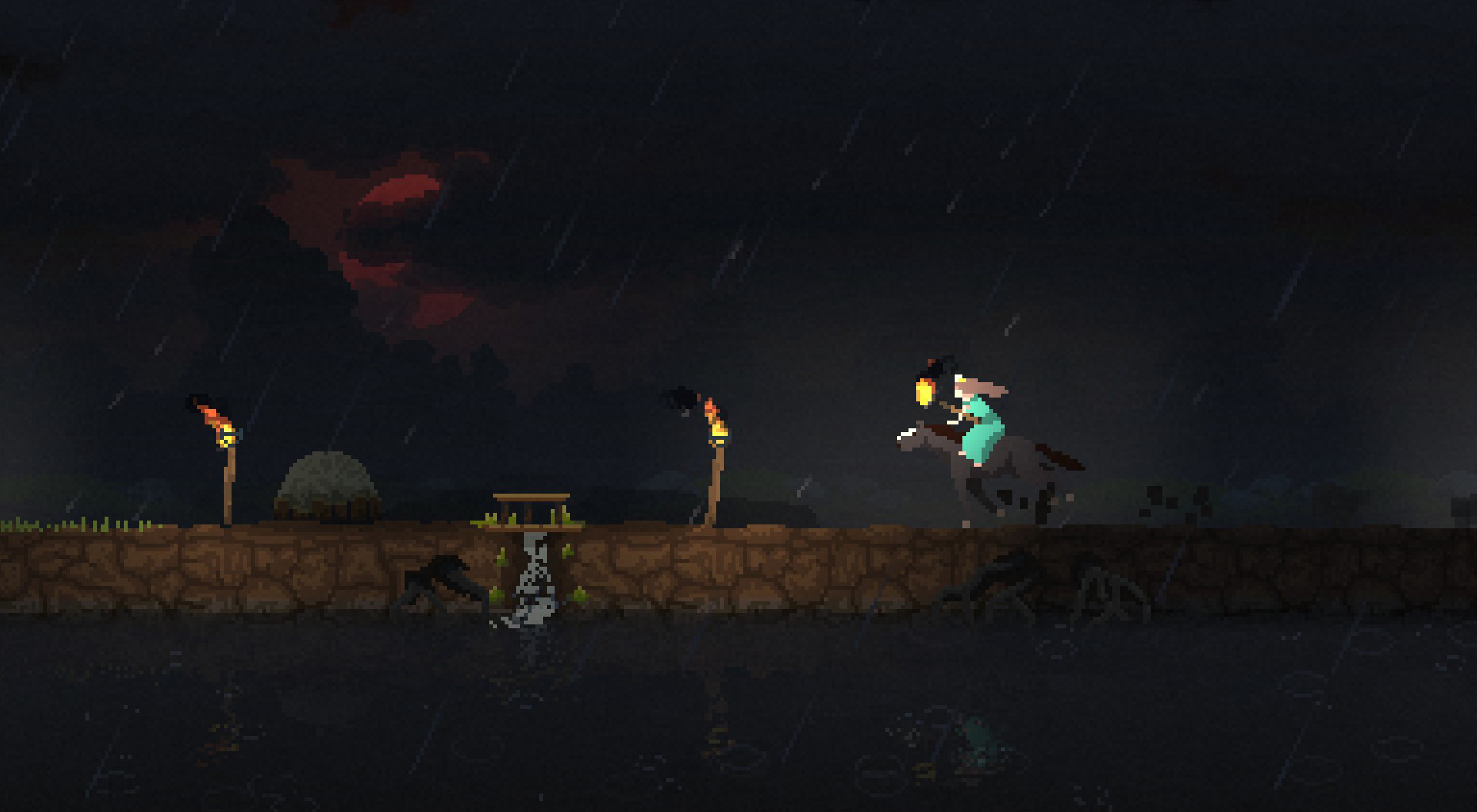
Didn’t Terraria teach you to stay at home during the Blood Moon?
Later it turns out that Kingdom is criminally short. You can see all the content in fifteen to twenty virtual days, after which you are left grinding money for identical warriors and identical walls to defend against identical enemies. Of course, there is enough time to defeat the demon portals and complete the game, but the achievements imply surviving up to one hundred days, and the boredom starts somewhere around the fortieth. If there is gameplay with a taste of Tower Defense, then where are the heaps of upgrades, billions of soldier variations, and diverse villains? Oh, you.
As a result, subsequent playthroughs are more tiring than captivating. Kingdom, being a slight roguelike, tries to freshen up the experience with landscape generation, but it doesn’t change the picture much. The game has too few elements for shuffling trees, rocks, and altars to provide any new sensations. The sequence of actions in the early stages remains the same, and restoring lost progress is no longer fun.
As a result, the game is enough for about three or four playthroughs. The first two attempts are spent getting acquainted with the rules, the third attempt is ruined by the aforementioned management nuances, and the fourth playthrough, the longest and most thoughtful, ends in triumph. Either the triumph of the king over the forces of evil or the triumph of boredom over your strategic urges, depending on the person. In any case, after that, Kingdom has nothing more to show you.
To not end on such a sad note, once again we will say how luxurious the game looks. The surrounding frames do not convey the magic of live art, complemented by beautiful music, but honestly, this is one of the most successful examples of using such stylistics and a quite compelling reason to linger in the fairy-tale world a little longer. Pixel art has never captivated us on a 1080p display like this before.
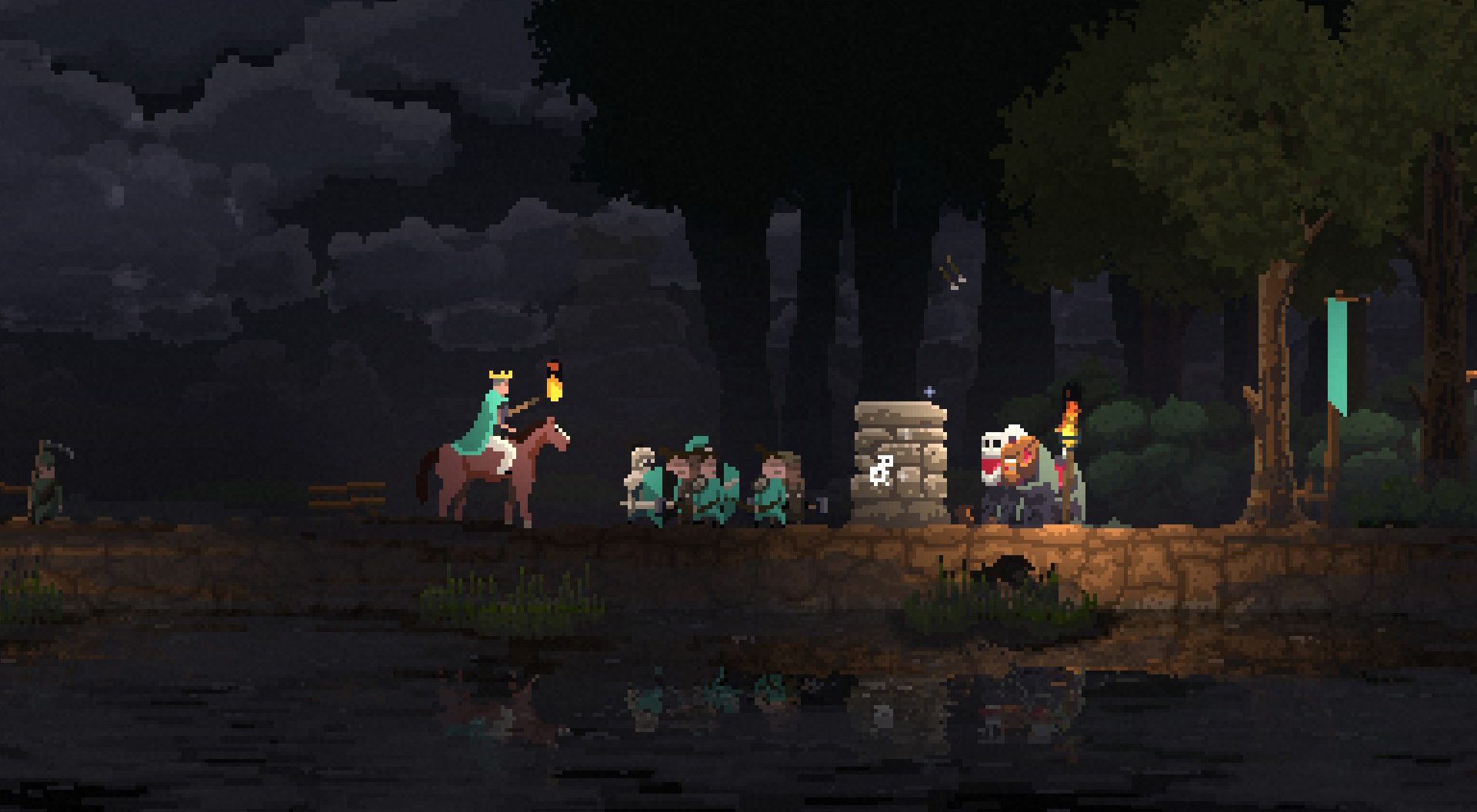
The Kingdom strived for simplicity – and suffered from its own simplicity. No matter how fun it was at first, the pleasure turns into a painful feeling of lack of control levers. Probably, strategies exist to be complex.
Share
Discuss
More Reviews
